Despite the fact that Kobe Bryant has passed away, his devoted fans remain unwavering in their affection for him, primarily due to the aesthetic appeal of his technical moves and his passionate playing style, which always evokes a sense of excitement and fervor. His five NBA championship titles are a testament to his greatness, but the greatest regret is that he was unable to achieve a second three-peat, which would have allowed him to stand shoulder to shoulder with the "Basketball God" Michael Jordan. So, what were the reasons that prevented Kobe from achieving a second three-peat? Was it a lack of skill or simply fate? Today, let's revisit Kobe's peak years and analyze the reasons behind this.
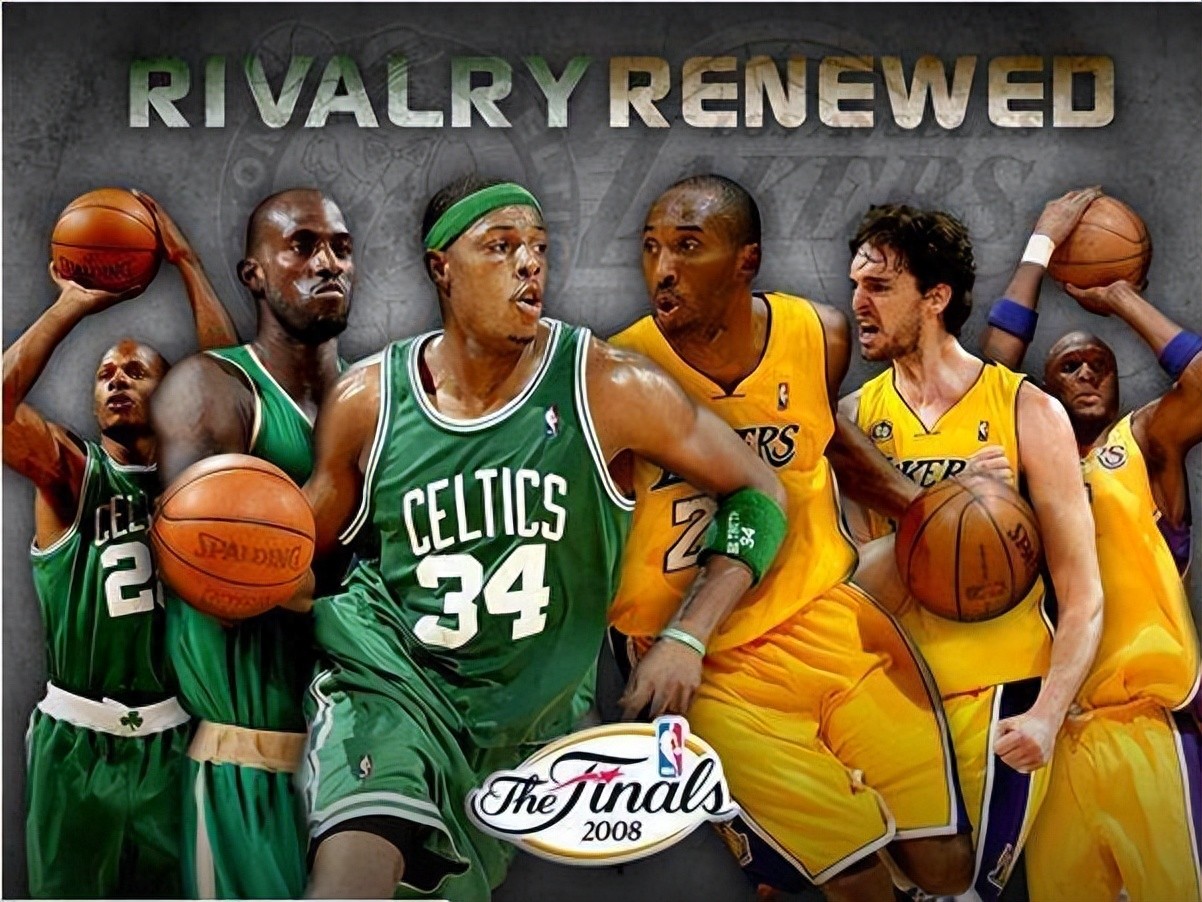
Many fans believe that Kobe's prime was during the championship-winning seasons of 08-09 and 09-10, but this is not the case. Kobe's true prime was actually during the 2007-2008 season. During this season, both his skills and mentality reached a level of perfection, and the arrival of Pau Gasol only added to his prowess, leading the team to a record of 57 wins and 25 losses, securing the top spot in the Western Conference. With an impressive average of 28.3 points, 6.3 rebounds, 5.4 assists, and 1.8 steals per game, he was awarded his first regular-season MVP title.

Compared to the more intense playoffs, Kobe's regular-season performance was just an "appetizer." In the first round of the playoffs, against the Denver Nuggets led by Allen Iverson and Carmelo Anthony, Kobe averaged a staggering 33.5 points, 5.3 rebounds, 6.3 assists, 1.5 steals, and 1.5 blocks, with a shooting percentage of 50%, leading the Lakers to a 4-0 sweep of their opponents.
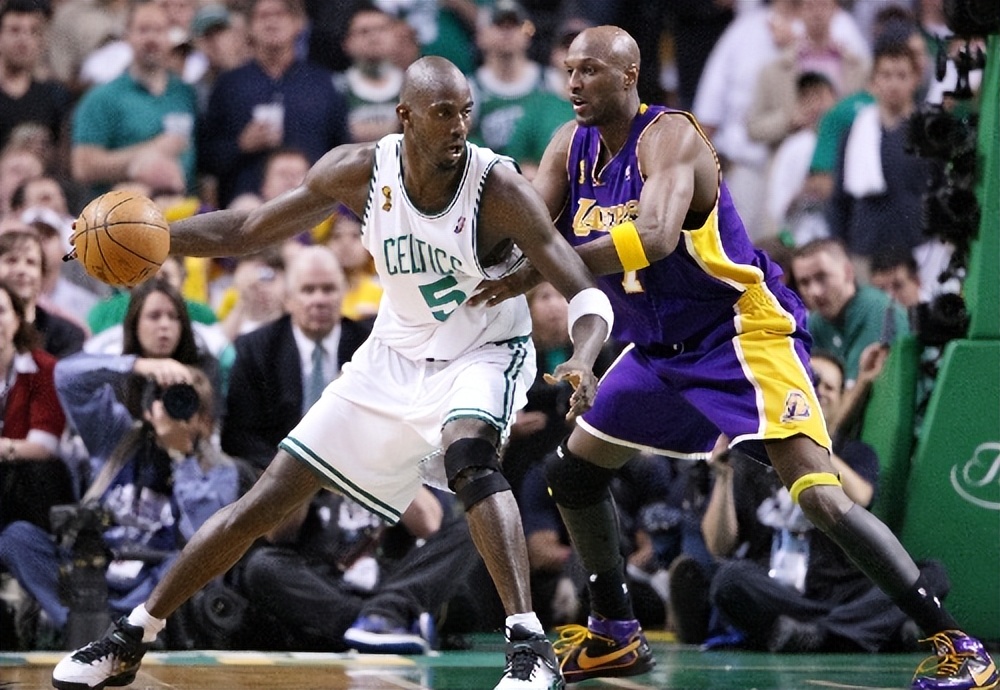
In the Western Conference semifinals, facing Deron Williams and Carlos Boozer's Utah Jazz, Kobe averaged 33.2 points, 7 rebounds, 7.2 assists, 0.8 steals, and 0.2 blocks, with a shooting percentage of 49.1%, leading the Lakers to a 4-2 victory over the Jazz and advancing to the next round with ease.
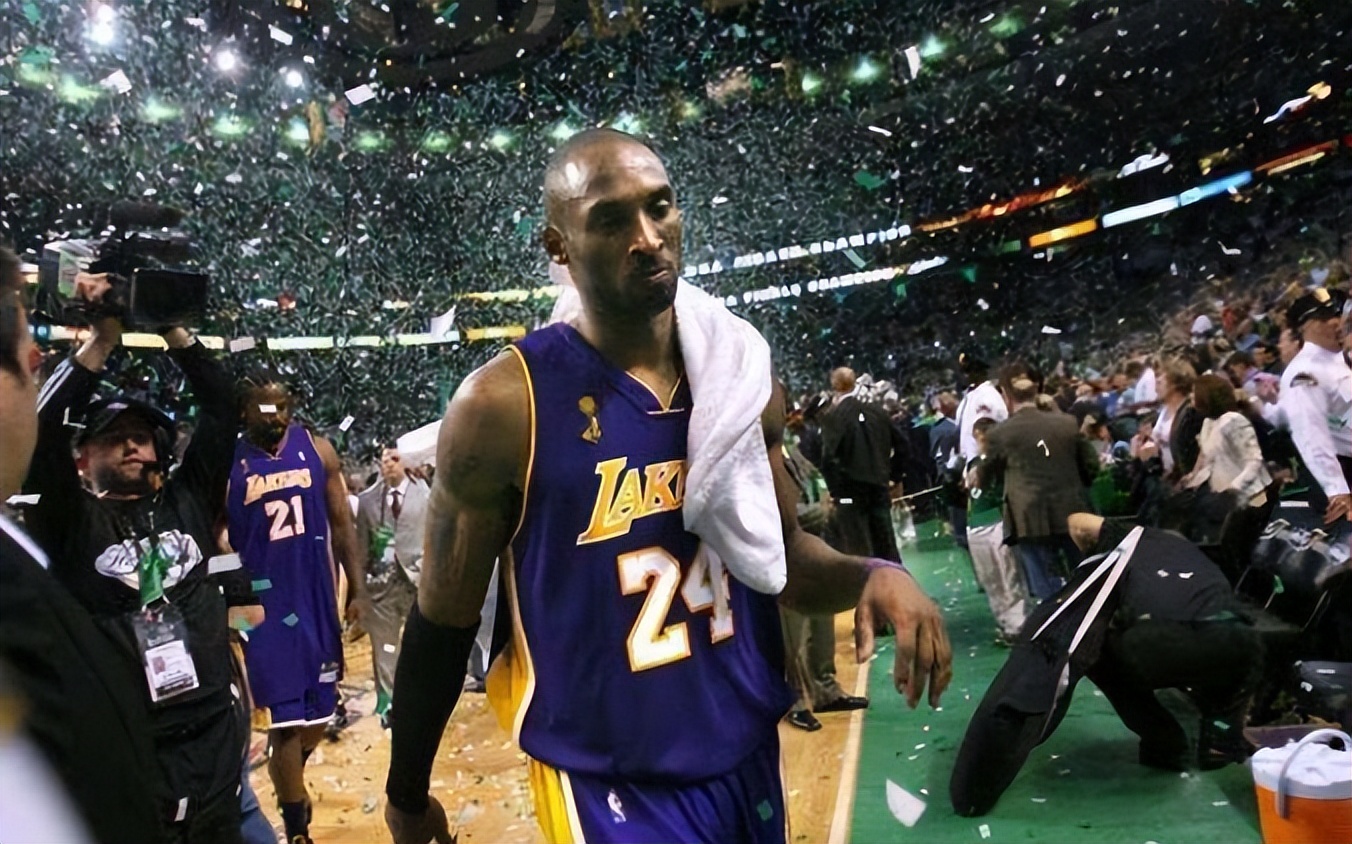
In the Western Conference finals, against the San Antonio Spurs led by the peak "GDP," Kobe's mid-range shots were virtually unstoppable, averaging 29.2 points, 5.6 rebounds, 3.8 assists, and 1.6 steals, with a shooting percentage of 53.3%, leading the Lakers to a decisive 4-1 victory over the Spurs and advancing to the NBA Finals.
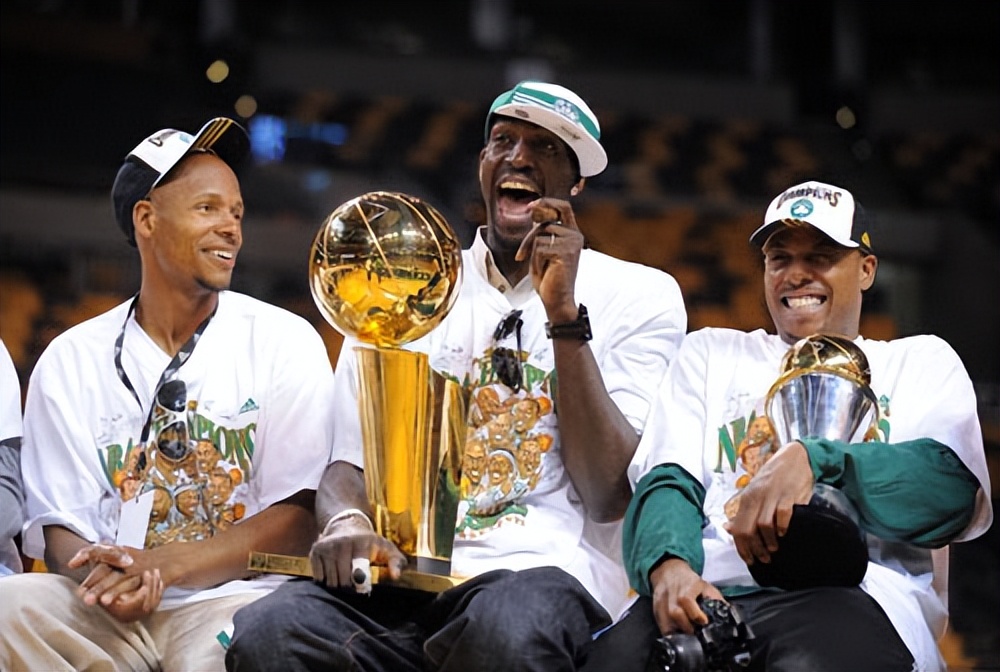
It can be said that Kobe's overall performance in the playoffs was impeccable. Facing three strong Western Conference teams, he was able to lead his team to easy victories, relying on his unparalleled basketball skills and techniques. From these three rounds of series, we truly witnessed Kobe's peak abilities, which were comparable to those of Jordan.
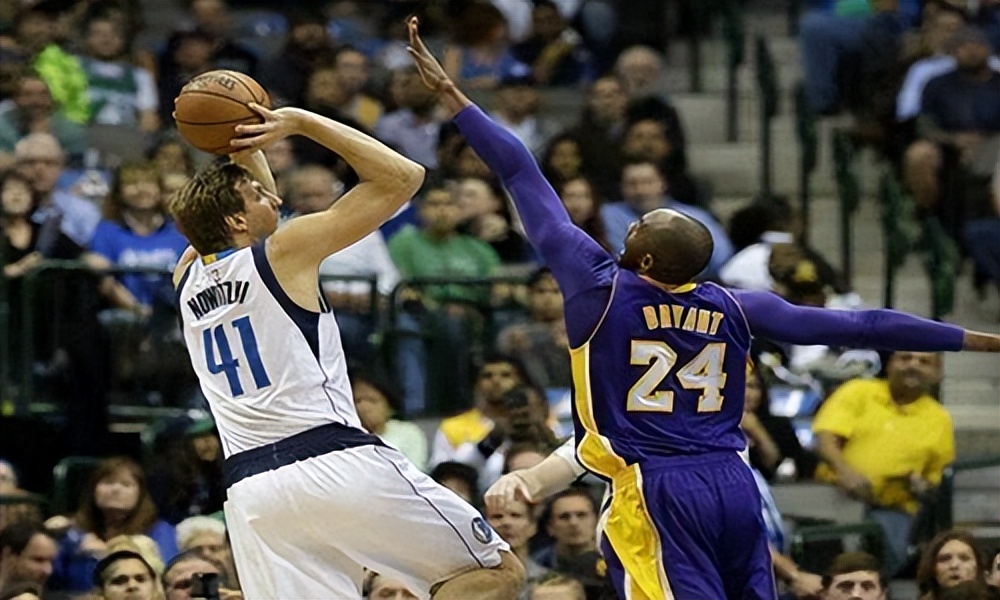
In the NBA Finals, the Lakers faced the Boston Celtics led by Kevin Garnett, Paul Pierce, and Ray Allen. Due to Kobe's previous outstanding performances, the Lakers were naturally favored by many before the series, but they overlooked the true comparison of strength between the two teams. It should be noted that before forming the "Big Three" of the Celtics, Garnett, Pierce, and Allen were all-star players in their respective teams, and their abilities were not to be underestimated. Both the starting lineup and the bench of the Celtics were clearly stronger than the Lakers, as evidenced by the first two games of the Finals, where Gasol was completely outplayed by Garnett, Pierce scored effortlessly, and Allen's three-pointers were lethal, while the Lakers relied mainly on Kobe to carry the load.

If the first two games of the Finals did not fully demonstrate the gap in strength between the two teams, then the fourth game of the Finals fully exposed the Lakers' inferiority. At that time, the Lakers, who were leading by more than 20 points, were surprisingly reversed by the Celtics in the final stages. If the two teams were evenly matched, the likelihood of such a phenomenon occurring would be almost zero, especially in the Finals. After losing a crucial game, the Lakers fell behind the Celtics with a score of 1:3 and ultimately lost the championship with a score of 2:4.
It can be said that the Lakers' failure to win the championship that season was mainly due to their inferior strength, but on a deeper level, it was because the league did not nip the trend of group championship victories in the bud. In fact, it was not LeBron James who started the trend of group championships, but the Celtics' "Big Three," whose smooth championship victory made other players realize the possibility of taking shortcuts to win championships through group efforts.
After discussing the 2007-2008 season, let's talk about the 2010-2011 season. At that time, the Lakers, riding on the momentum of two consecutive championships, were determined to achieve a three-peat, but they were unexpectedly swept 0:4 by the Dallas Mavericks, who had excellent shooting ability, in the Western Conference semifinals.
The Lakers suffered such a crushing defeat for three main reasons: firstly, Gasol was severely restricted by Tyson Chandler, leaving Kobe without much support; secondly, apart from Kobe, the other Lakers players were not as eager to win another championship, having already won two rings; thirdly, the Mavericks had an absurdly high shooting percentage throughout the season, and perhaps their championship victory that year was destined by fate.
In summary, I believe that Kobe missed two golden opportunities to achieve a second three-peat due to a combination of insufficient strength and twists of fate, but more so due to fate. After all, Kobe was a player who set extremely high standards for himself, fought for every ball on the court with great vigor, and had impeccable skills. It can only be said that Kobe was slightly lacking in luck compared to Jordan, which is why he was only one step away from being considered a "god."